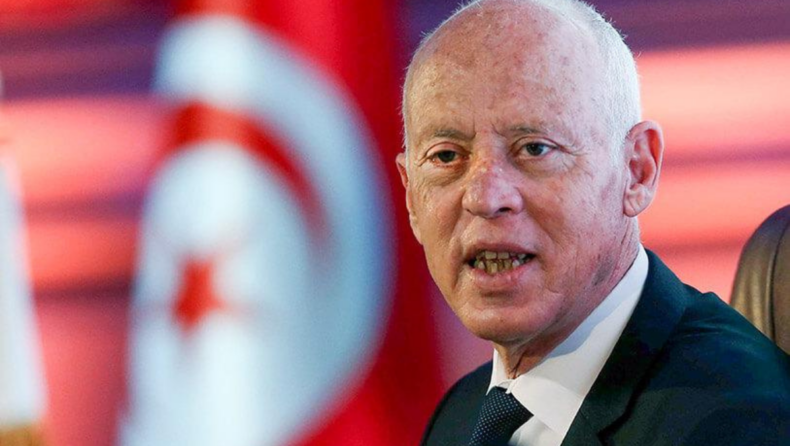Tunisia awaits a referendum on Monday that could dismantle its democracy. The new constitution with its one-man narrative could undo the democratic gains of 2011
Tunisia is about to undergo a drastic democratic change. On Monday, the country will take part in a referendum to bring in a new constitution. The constitution supports a tyrannical approach to democracy and will leave the judiciary and parliament powerless. Essentially, President Kais Saied will become an autocrat if the constitution gets a green light.
New constitution in Tunisia

Last month, the draft resolution for the new constitution elicited nationwide protests from young and old alike. On Saturday, the opposition alliance led a march through the capital city of Tunis against the new constitution.
The constitution leaves no room for democratic values and a lot of room for interpretation. It will extend the powers of the president, who will have total and complete say about bills, budgets and legislation. The president will also have the power to appoint prime ministers and judges. It will appear to provide freedom of will to the public but it will take away their right to protest and strike. Moreover, both the parliament and the judiciary will not have any say in the country.
The constitution says nothing about the removal of the president or anything that gives impeachment powers to the parliament. The president will also have the power to extend his two 5-year terms as he sees fit.
It is possible, however, that it will receive the support of secularists as the constitution does not mention Sharia (Islamic law)
Since last year, when he took power, Saied has been ruling through decrees. In June itself, he decreed that he had the power to sack judges and so far, 57 judges have been sacked.
The background
Tunisia was the starting point of the Arab Spring back in 2011. It saw the collapse of Ben Ali’s despotic rule that had lasted for 24 years. Naturally, its democracy was young, fragile and unstable.
Between 2011 and 2014 Tunisia had to go through a lot of political instability. In 2014, it passed a new constitution that enshrined the democratic values and struggles of the 2011 uprising. Nearly 93 per cent of the electorate voted for it.
The old constitution, however, did not make Tunisia immune to any political instability. The multi-party parliament was riddled with rigorous political hostility.
After the pandemic hit the world, things got worse in the country. Inflation soared, unemployment got worse and the economy struggled to stay on its feet on top of all that the Russia-Ukraine war made the grains and fuel more expensive. The ideological differences and continuous infighting between the political parties of the parliament did not make things any easier. The face of Kais Saied, a former lawmaker, soothed the public as it gave them an opportunity for stability. Kais Saied came into power in 2019 with a landslide victory.
Former academic, Saied saw the situation ripe for a power grab. He dismissed Hichem Mechichi from the post of Prime Minister and took all the power for himself. Since then, Saied has been ruling through decrees, many of which curb the freedom of the general public. He has also gotten rid of important institutions like the Judicial Council for instance. If his record gives any clue, things will not get any better with the new constitution.
Tunisia gave birth to the freedom uprising that took the Arab world by storm. Now, once again it stands on the threshold of pre-revolution days. If the constitution gets passed, which it is expected to, it will strangle that hard-earned freedom and the people will be the victims.
Read more- Tunisia constitution committee head condemns president’s draft













